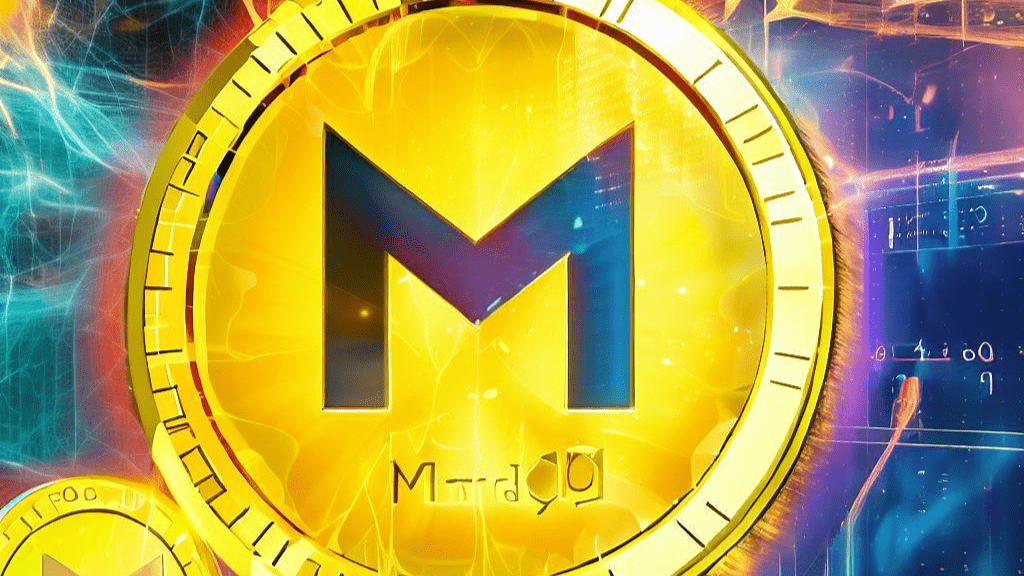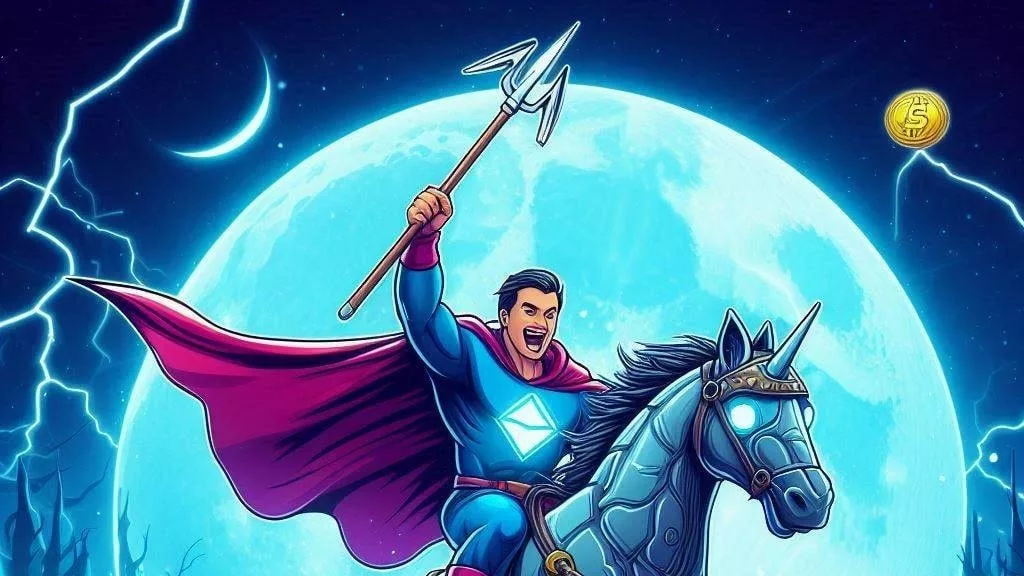
In a surprising twist that has sent shockwaves through the decentralized finance (DeFi) community, MakerDAO, a renowned DeFi platform, has made a contentious decision to restrict access to its lending platform, Spark Protocol, for users based in the United States. This move has ignited a fiery debate, pitting privacy and decentralization concerns against the platform’s commitment to these very principles.
Unpacking the Ban: Who’s Affected and How
While the precise moment when Spark Protocol imposed the US user ban remains shrouded in uncertainty, it’s evident that the platform took rigorous steps to enforce this restriction. Strikingly, not only did the ban encompass US-based users, but it also cast a net over individuals employing Virtual Private Networks (VPNs) in a bid to circumvent the ban.
The platform’s Terms of Service make no allowances for ambiguity, explicitly forbidding individuals located or residing in the United States from utilizing the credit protocol functions. This prohibition stands irrespective of a user’s IP address. What’s more, Spark Protocol goes the extra mile by outrightly prohibiting the use of VPNs or any other tactics aimed at concealing a user’s US residence. Violating this prohibition results in the permanent suspension of site access for blockchain addresses suspected of being linked to a US residence.
Privacy and Data Ownership in the Crosshairs
Spark Protocol’s controversial move hasn’t escaped the crosshairs of critics, who argue that the platform’s actions are at odds with the very principles of decentralization it purportedly champions. The ban isn’t limited to US users but also impacts those who value VPNs for reasons of privacy. This enforcement treads on the toes of the decentralized philosophy of open access and the unfettered flow of information.
Detractors assert that Spark Protocol’s decision raises serious questions about its commitment to decentralization and its resilience against censorship. The move has triggered an intense debate within the DeFi ecosystem, rekindling discussions about whether the platform truly adheres to the bedrock principles of the decentralized internet.
Backlash and Advocacy for Privacy
Leading the charge of dissent is DeFi analyst Chris Blec, who minced no words in criticizing Spark Protocol’s move. Blec characterized the decision as “a direct attack on privacy,” emphasizing that blocking VPN users infringes upon the very essence of decentralization. He took to social media to voice his dismay, even suggesting that MakerDAO, the parent entity of Spark Protocol, might contemplate the idea of shutting down the entire project.
The storm of controversy has some speculating that MakerDAO’s stringent measures could be contributing to dwindling user interest in the platform. Responding to this speculation, Maker’s founder Rune Christensen revealed that they had rolled out an Enhanced Dai Savings Rate (EDSR) to incentivize users due to low engagement. He explained that the rate hike was aimed at attracting a larger user base to avail of the Dai Savings Rate, thus naturally boosting the overall utilization.
Spark Protocol’s Mission and the Ripple Effect
Unveiled in May by MakerDAO, Spark Protocol entered the scene with the promise of offering users a chance to earn an impressive 8% annual return by lending their DAI tokens. While the protocol’s core mission centers on amplifying financial opportunities for users, the recent restrictive move has set off a broader discourse around the intricate trade-offs between user privacy, decentralization, and accessibility.
In an ever-evolving DeFi landscape, the delicate equilibrium between ensuring privacy and navigating regulatory compliance will remain a pivotal consideration for projects and users as they journey into the uncharted waters of decentralized finance.

Get the latest Crypto & Blockchain News in your inbox.